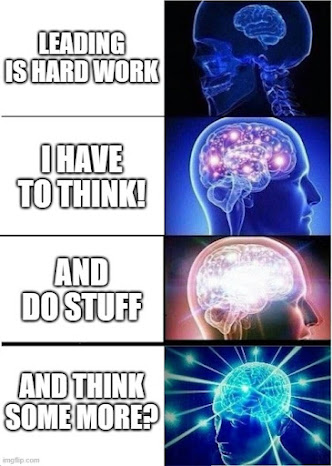Law Enforcement Social Media: A Leadership Imperative

Many police agencies are on social media -- but are they being utilized effectively as a strategic communications platform? And are agency leaders aware of how important they are, and what opportunities (and risks) they present? An astounding number of people are now on social media platforms; the We Are Social 2022 report for the United States indicates that users on average spend just over seven hours a day on the internet or social media. It may sound like a lot, but compared to some other countries (South Africa clocks in at 10 hours, 46 minutes and Mexico at eight hours, 55 minutes), apparently we do other stuff. Leaders can use these statistics to help understand the social media environment and how they can chart a social media strategy for their agency. Law enforcement can use social media to support many of their activities and operations. Not fully understanding social media, the platforms, and expectations of the public can pose risks to law enforcement agencies a...
